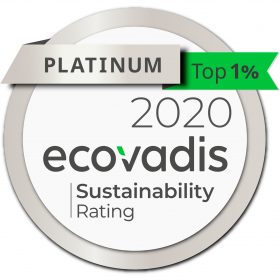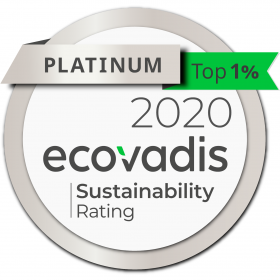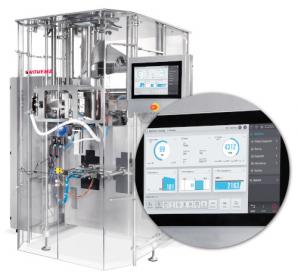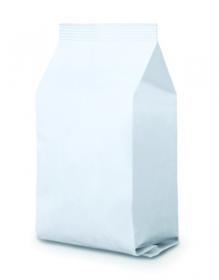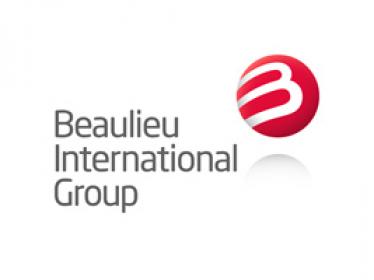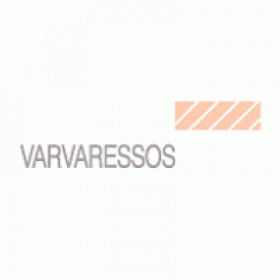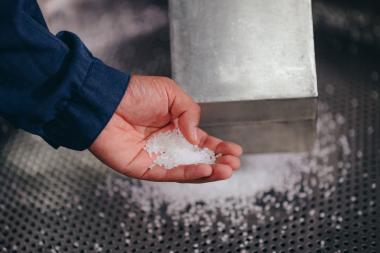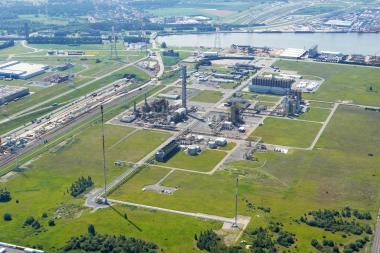Kelheim Fibres für den Sustainability Heroes Award nominiert
Kelheim Fibres ist unter den Finalisten für den Sustainability Heroes Award in der Kategorie Nachhaltige Innovation. Der Preis wird von der DQS (Deutsche Gesellschaft für Nachhaltigkeit) und der DGQ (Deutsche Gesellschaft für Qualität) an Vorreiter im Bereich Nachhaltigkeit vergeben und soll aktives Engagement weiter anspornen.
Der Viskosespezialfaserhersteller bewirbt sich um den Award mit ihren innovativen Fasern auf Pflanzenbasis, die einen erheblichen Beitrag für eine plastikfreie Zukunft im Bereich der absorbierenden Hygieneprodukte (z.B. Menstruations- oder Inkontinenzprodukte) leisten können.
Durch den Produktionsprozess können Viskosefasern – im Gegensatz zu anderen pflanzenbasierten Fasern – gezielt modifiziert und funktionalisiert werden. So können sie exakt auf das Anforderungsprofil der einzelnen Bestandteile des Hygieneproduktes abgestimmt werden (von besonders saugfähig bis wasserabweisend) und reichen damit an die Leistungswerte von synthetischen Fasern heran, die heute noch mehrheitlich in diesen Produkten für den Einmalgebrauch zu finden sind.
Während sich umweltbewusste Anwender(innen) heute oft zwischen einem sicheren Gefühl und einem guten Gewissen entscheiden müssen, tragen die Bayerischen Faserexperten perspektivisch dazu bei, dass immer mehr Produkte beidem gerecht werden: Kelheim Fibres verbindet nachhaltig gefertigte und vollständig biologisch abbaubare Fasern mit der technischen Performance von synthetischen Fasern. Ziel ist es, den Einsatz von rohölbasiertem Plastik in Wegwerfprodukten und seinen negativen Einfluss auf die Umwelt zu reduzieren.
Kelheim Fibres GmbH




